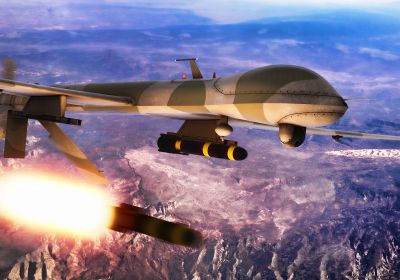
The deaths of thousands of civilians killed in US drone strikes in Iraq, Afghanistan and Syria were covered up by the Barack Obama, Donald Trump and Joe Biden administrations, reports Barry Sheppard.

The deaths of thousands of civilians killed in US drone strikes in Iraq, Afghanistan and Syria were covered up by the Barack Obama, Donald Trump and Joe Biden administrations, reports Barry Sheppard.
The involvement of external powers in Syria's civil war has led to sheer devastation, writes Yanis Iqbal. Fantasies of "regime change" have fuelled sectarian war and revived jihadi groups.
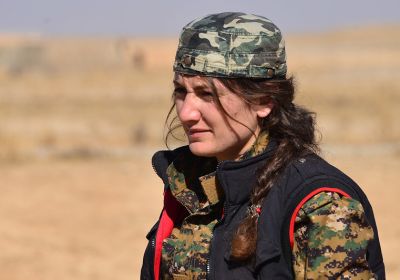
War-torn Syria faces the danger of a potentially very severe COVID-19 crisis. But in the north and east of the country, the Autonomous Administration is working hard to stop the spread of the virus and save lives, writes Chris Slee.
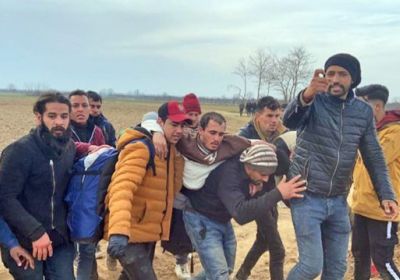
The escalating war in Idlib has forced another million people to flee the northern Syrian province, but Turkey and Greece have closed their borders to these desperate refugees, writes Chris Slee.
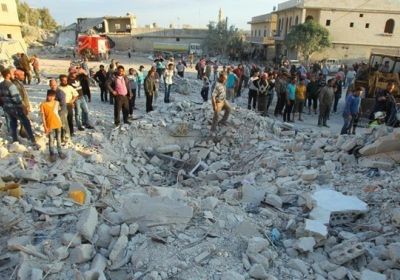
The Bashar al-Assad regime has captured more than a third of Idlib, a province in north-western Syria, which had been controlled by rebels. Chris Slee writes that in the process, about 900,000 people have been displaced according to United Nations figures.
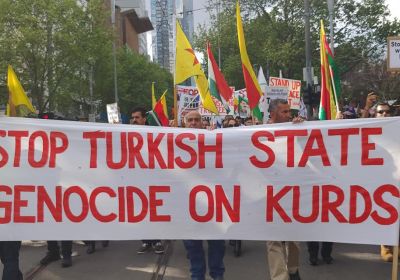
If Prime Minister Scott Morrison is as concerned about refugees as he claims to be, then Australia should condemn Turkey's invasion of Syria and secure emergency aid for those being forced to flee the region.
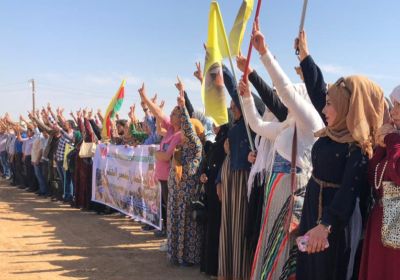
The horrific violence that has been devastating Syria for the past eight years is intensifying, writes Tony Iltis. On October 9, Turkey’s President Recep Tayyip Erdoğan gave the order to NATO’s second largest army to begin the shelling and aerial bombardment of civilian populations of the Autonomous Administration of North and East Syria (AA).
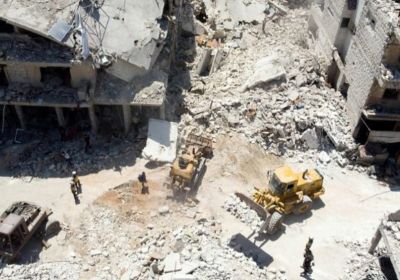
The Bashir al Assad regime has made little progress in its attempt to recapture rebel-held territory in northwestern Syria. Rebels continue to control most of Idlib and parts of adjacent provinces, writes Chris Slee.
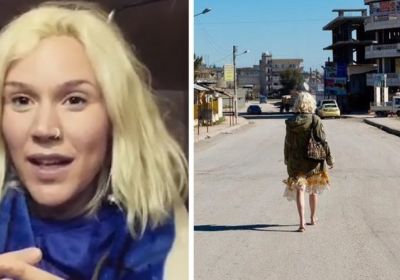
Famous British singer Joss Stone performed a concert in the largely-Kurdish region of Rojava in northern Syria after sneaking across the border.

This is a war film unlike any other that you will see, written and directed by a woman, focusing on a squad of the Kurdish autonomous women’s protection units (YPJ). The systematic female enslavement and mass rape by ISIS are its subject matter.